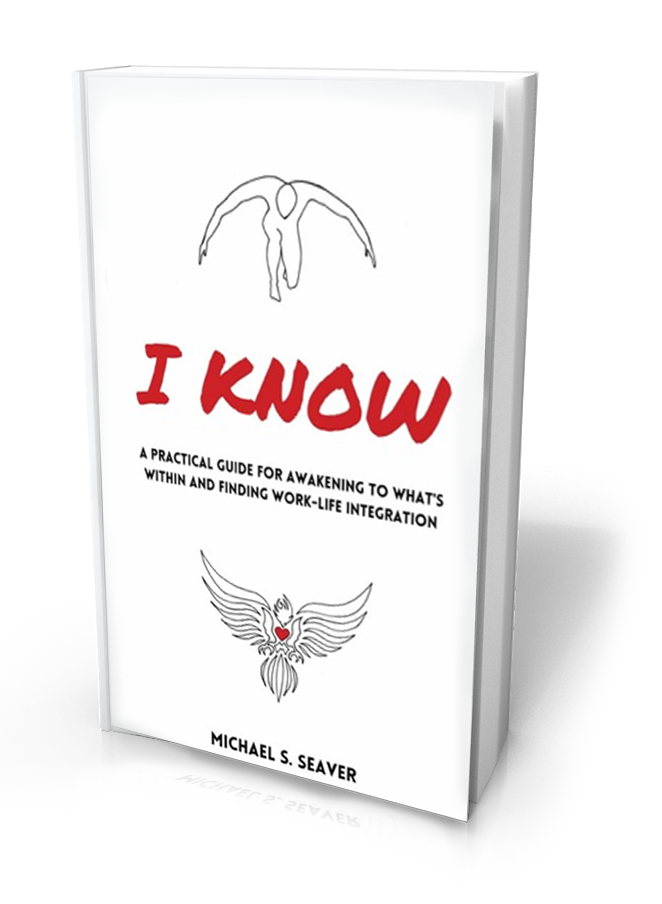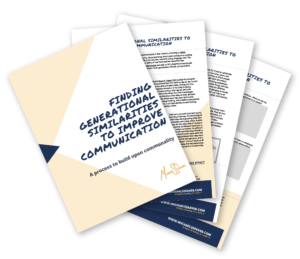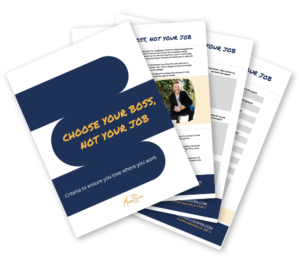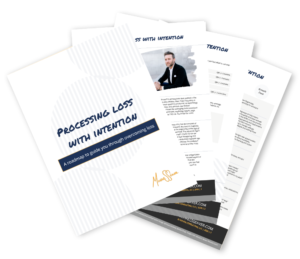There is nothing more precious than your attention. It’s like the sun itself. Your gaze, your thoughts, your words, and your actions are pure, powerful energy.
Are they directed toward the things you’d like to see blossom?
Or did someone else decide where you shine?
The Sun Goes on a Field Trip
A friend of mine, a mother, had to keep this idea in mind recently while chaperoning her kindergartner’s field trip. It was a long day, and she would’ve enjoyed skipping the whole thing, particularly when a little kid threw up on the bus.
Oh, the glamour.
But my friend did not skip it, and she didn’t complain (much), because she understands that her time and her attention are the nutrients—the energy—her daughter needs to grow and to flourish. This is an example of someone’s micro decision about how to spend a day being shaped by her core values. By the bigger picture of what she’s trying to accomplish.
I want to talk about time management today. But this isn’t a blog about optimizing your calendar or saying “no” to meetings—although these activities can certainly be important and necessary. It’s about checking in with yourself, regularly, to ensure that the bigger view of how you spend your time and where you direct your precious attention matches up with your core values and life’s mission.
It’s About Time
Time is a topic that’s come up for me a lot lately as some major things shift in my life. I just moved, I’m changing some of my business branding, I’ve settled into a significant relationship, I’m working on a book, and I’ve even switched gyms. Whew. My time feels a bit scattered lately, but I know that when the dust settles and I get into a new groove, everything will be awesome. In the meantime (ha), it’s up to me to be intentional about where my attention goes…to design the rhythm of my days so the most important people and activities take precedence.
My mission in life is to unlock human potential. So, I need to ensure that the majority of my time is directed to that end.
I’m far from the only one who needs a check-up when it comes to managing time. The average American only productively works 2 hours and 53 minutes each day. If we don’t have the right goals and frameworks inside the workplace, it’s easy for an organization to get off track and miss big goals. When I speak to audiences around the country, how we make decisions keeps coming back from the audience as the most important part of my talks.
We all know intuitively that we have to run our days or they will run us, but it’s a tough thing to do.
One of my clients has struggled mightily with managing her time. The principal at an accounting firm, she has said yes to 90% of the requests made of her. This policy has really hurt in terms of her health, her parenting, and even her career track—it took her three years longer than it should have to get promoted because she wasn’t properly training or delegating to her team.
Conversely, a COO I recently encountered has a fine-tuned and highly controlled schedule. It’s nearly impossible to get on it unless you book his time three weeks out. Sometimes, he’s not even in the office during the workday at all—he’s out in the community. This executive has found direct correlation between what he does outside the office and positive outcomes in his company. He is keeping the bigger picture in mind.
Knowing When to Say Yes and When to Say No
You control the distribution of your time. Don’t say yes when you really want to say no. When you’re honest with yourself about who you are and what you want to accomplish, you free others to be honest as well. Saying no when you want to say yes? That’s where fear, stress, pressure, anxiety, and envy are born.
Find clarity by asking these two or three of these key questions when you make decisions about your time:
- How does this activity align with and help me live my personal core values and/or my organization’s core values more day-to-day?
- How does investing time into this allow me to communicate authentically and in alignment with my behavioral profile?
- In what ways will this activity allow me to leverage my professional strengths?
- When I spend time with this person, do they extract energy from me or give me energy?
- Do I attain a flow state (in which the rest of the world shuts off) when I am doing the activity?
- What skills will I learn?
- What long-term relationships will I form?
Address Distractions
A big part of managing your time is simply handling unwelcome demands and bids for your attention.
According to the International Journal of Work and Stress, there are 85 interruptions during the workday. Interruptions can come from seemingly limitless sources including family, colleagues, clients, technology, the environment, and more. It’s no wonder that in 2018, 55% of Americans experienced stress “a lot of the day.” 45% felt worried; 22% felt anger.
A lack of clarity around your time leads to a feeling of not being able to meet all the needs people have for you.
That COO with the schedule on lockdown? He wisely blocks off two hours per day for email. People who are crystal clear about their time don’t get interrupted (as much). If you have an open-door policy at all times, you’ll get a lot less productive worktime each day.
Next, for every hour of work, aim for 45 minutes of focused activity and 15 minutes of recharging (walking, meditating, socializing, eating). People can get the double the number of tasks done using this one tip. If you try to go hard for four to six hours without a break, your body will rebel. Build in time to recharge during the day.
Finally, work through your most difficult tasks early in the morning, then re-calm and center your body. We tend to avoid putting energy into things that we fear. Take action on something tough right away when your brain is most acute, and you’ll build trust in yourself.
Question, Reflect, and Take Action
The smartest thing you can do with your time? Constantly surrounding yourself with emotionally intelligent people. Consider:
- Who is asking questions of you at the right time to foster learning?
- Who has done what you desire to do?
- Who asks the right questions to help you shift your identity in the direction you want it to go?
If you can’t find a mentor inside your organization or in your wider social network, seek out a professional coach. He or she can help you look back through important events in your life that have affected you to assess ways these experiences can help you in the future. Even painful events have the potential to enrich your life if you’ve learned from them. Be willing to get curious about whether you are distributing time in ways that are not helpful. Keep a journal so you can asses how to shift your time moving forward.
Jim Rohn famously said, “The best kept secret of the rich is not genius or brilliance—it’s the management of time.”
Every person is the architect of the future. Make sure a yes to someone else isn’t a no to yourself.
Remember, you are the sun.
Where will you shine?






Connect with me